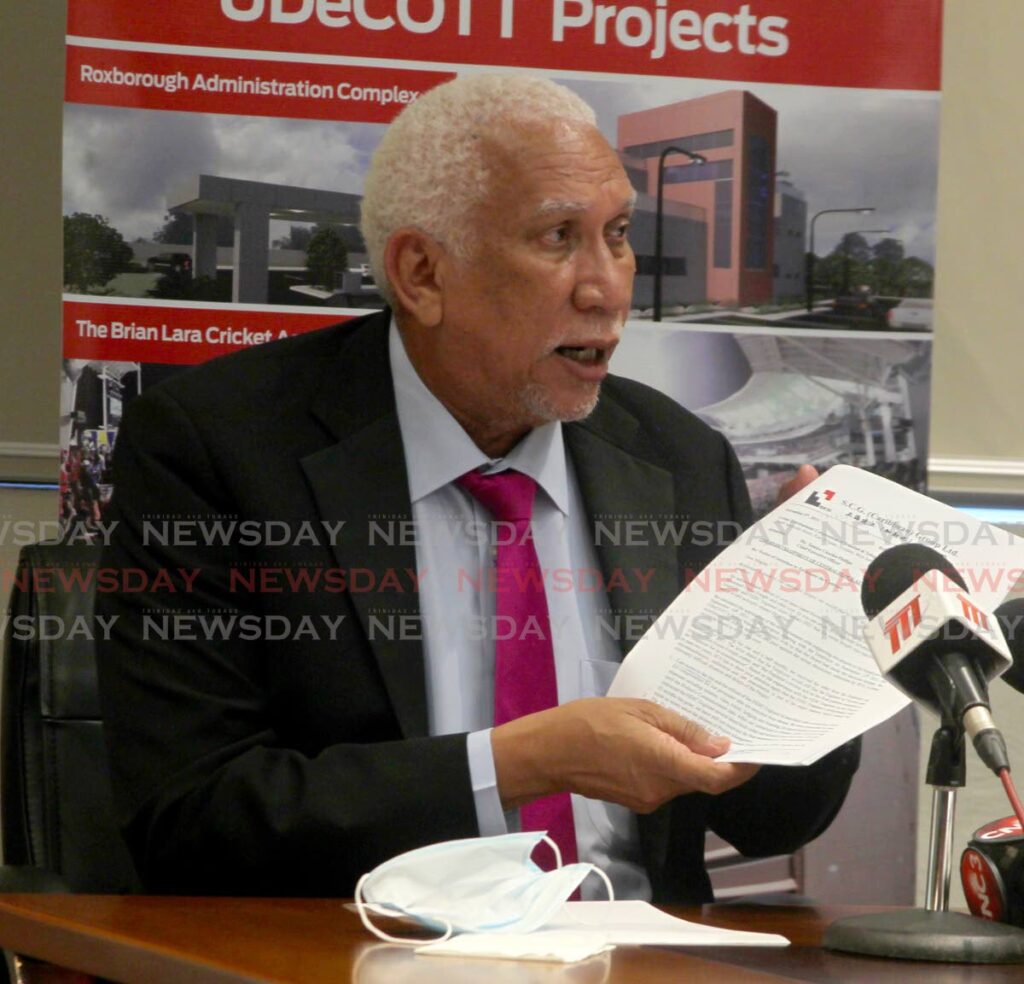Secrecy culture alive and well

THIS country’s ranking in the global Corruption Perception Index has improved from 41 to 40, according to the latest dataset released on Tuesday.
But what exactly this means depends on where you sit.
Government is likely to be optimistic. We have made progress. Our position has not slipped. We are not on a watch list for backsliding. All of this bodes well.
But the Opposition and many others are likely to be pessimistic. The increase in our ranking is marginal and reflects no real progress, they might say.
Given the considerable resources and public-policy expertise available to us, we should be making more progress.
Caribbean countries ranked ahead of us include Guyana, Jamaica, Grenada, St Lucia, St Vincent and the Grenadines, the Bahamas and Barbados.
What is clear, too, is that a corruption perception index is of little use in a society dominated by a culture of secrecy and lacking in accountability.
If members of the public and others can see or get access to basic information, how are we to perceive corruption?
This week, we saw more indications that the culture of secrecy in public affairs remains alive and well.
Government officials continued to engage in the procurement of medical supplies under non-disclosure agreements, enforcing a policy position they show no interest in changing.
Freedom of information proceedings – and not voluntary disclosure by public bodies – continued to be a major conduit through which matters of public interest have been ventilated.
And it emerged that a major contractor on a multi-million-dollar megaproject in the capital city pulled out of the project last November after several disagreements.
The latter came to light not because of any wish to update the public, but only under pressure from opposition politicians who said they had had sight of project correspondence.
Udecott chairman Noel Garcia on Wednesday said the matter relating to the construction of the central block of the Port of Spain General Hospital was a “normal dispute” which the Opposition had now revealed.
Mr Garcia’s characterisation of the matter is telling.
We seem to have a culture in which state officials claim the exclusive right to determine what matters make it into the public domain. For these officials, it is for them, behind closed boardroom doors, to adjudicate what is “standard” and what is not.
But if disputes with contractors on public projects are “normal,” it is hard to understand why they should be secret.
We are close to having a culture of secrecy for secrecy’s sake, something that tempers whatever progress is being made in fighting corruption.
In fact, coupled with regular breaches of the Integrity in Public Life Act, the slow pace of public procurement and campaign finance reform, it is a miracle our corruption perception ranking is no lower.


Comments
"Secrecy culture alive and well"